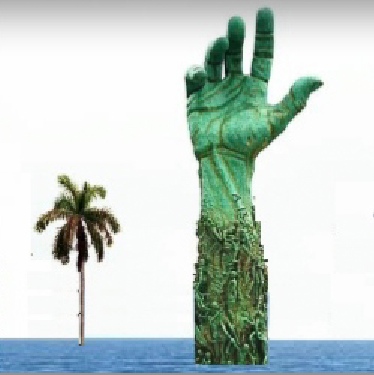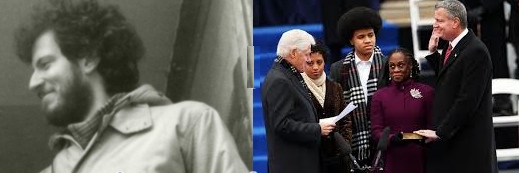“There is a remarkable and almost charming egalitarianism in it. Everybody is treated in exactly the same disrespectful, casually brutal, and arrogant fashion.”
–Defense Attorney Ron Kuby about how “standard procedure” works for arrests in the United Police States of America
The diplomatic brouhaha between the US and India over a federal arrest and multiple strip-search and cavity search of a high-ranking Indian consular official in New York has exposed the astonishing hypocrisy of the US when it comes to the issue of diplomatic immunity, even as it has also exposed the ugly, brutal and sadistic truth about what passes for a “justice system” in 21st Century America..
India’s government is outraged not just at the abusive treatment of Deputy Consul General for Political, Economic, Commercial and Women’s Affairs, Devyani Khobragade, who was arrested a few days ago by US State Department Agents and charged with lying on a visa application for her Indian housekeeper. It is claiming that as a diplomat in the country’s New York consulate, she is entitled to diplomatic immunity.
The US is denying that she has diplomatic immunity, because she is a consular official, not an embassy official. The difference is important. Larger countries like the US and India often have many consular offices in cities of larger countries, primarily to handle visa and other issues, both for citizens of the home country, and for citizens of the host country who may wish to travel to the home country. But each country is allowed only one embassy in a foreign country, with the primary purpose being conducting diplomacy. Embassies are thus always located in the capital city of the host nation.
Denying Deputy Consul General Khobragade immunity might be okay, because under the Vienna Conventions governing Embassies and Consulates, consular officials only are granted limited immunity. Specifically, they are immune from prosecution for crimes involving their performance of consular business, but not for crimes outside of their official duties. Embassy employees, however, have broader immunity. The only exception, which applies to both Embassy and Consular officials, is “serious crimes,” such as rape or murder, where a host country can over-ride immunity, even of an ambassador.
Arguably, Deputy Consul General Khobragade’s alleged crime of lying on a visa document (about the amount she was planning to pay in wages) for an Indian woman she was bringing to the US as a housekeeper, would fall outside of her official duties, which would allow the US to prosecute her, (though I suppose a case could also be made that as an on-call envoy, having in-home round-the-clock childcare might be considered part of the job of deputy consul general–something that it might be worth seeing how us consular officials handle).
However, the US has often taken a different view of such matters, when it is on the other side of a case.
 Two 'diplomats' arrested, one in Pakistan, one in the US, one for a visa fraud, one for murder. Which deserves diplomatic immunity?
Two 'diplomats' arrested, one in Pakistan, one in the US, one for a visa fraud, one for murder. Which deserves diplomatic immunity?
 Coast Guard vessels patrolling in a melting Arctic Ocean (Pentagon photo)
Coast Guard vessels patrolling in a melting Arctic Ocean (Pentagon photo)








